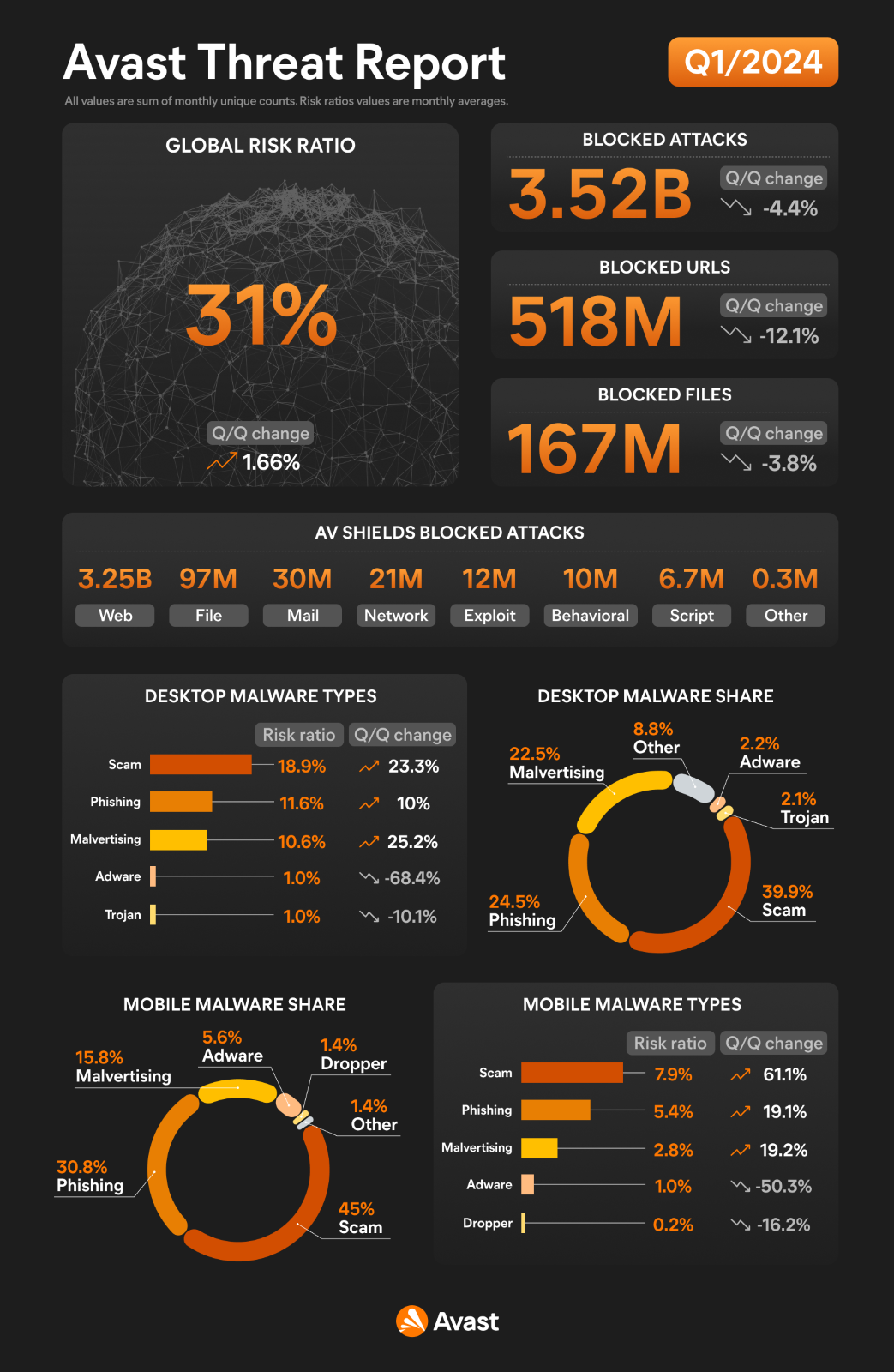YouTube is becoming a cybercriminal gateway for human manipulation
Scammers are funnelling victims through YouTube

Human manipulation is the leading driver behind the success of cyberthreats, new research from Avast has found.
Social engineering campaigns employed to distribute scams and similar threats accounted for 90% of all threats blocked in the mobile device landscape.
YouTube is also fast becoming a breeding ground for phishing campaigns, social engineering using video content and the hijacking of channels to distribute scams.
Like and subscribe for more scams
Avast outlined how threat actors are increasingly turning to YouTube as a means to disseminate scams and deepfakes through seemingly legitimate channels.
The scammers will often offer to collaborate with channels with an established audience, building trust all the while, before sending malware that leads to the channel being stolen through account compromise or cookie theft.
Moreover, threat actors on YouTube are also abusing hobbies such as gaming and common problems involving antivirus by including malicious links in the video descriptions that appear to be legitimate software downloads, but instead download and install malware onto the victims device.

Scams utilizing interest in cryptocurrency are also seeing a rise in popularity, with channels dedicated to news and information on cryptocurrencies being stolen by threat actors and then used to share crypto-scams such as giveaways that require a deposit to enter.
Are you a pro? Subscribe to our newsletter
Sign up to the TechRadar Pro newsletter to get all the top news, opinion, features and guidance your business needs to succeed!
In 2023 alone, Avast says protected four million users against threats distributed via YouTube, with more recent figures from January to March 2024 showing 500,000 people have been protected so far.
More from TechRadar Pro
- These are the best identity theft protection services
- MacOS devices are being targeted with PyPI backdoor to sneak into corporate networks
- These are the best antivirus software choices around today

Benedict has been writing about security issues for over 7 years, first focusing on geopolitics and international relations while at the University of Buckingham. During this time he studied BA Politics with Journalism, for which he received a second-class honours (upper division), then continuing his studies at a postgraduate level, achieving a distinction in MA Security, Intelligence and Diplomacy. Upon joining TechRadar Pro as a Staff Writer, Benedict transitioned his focus towards cybersecurity, exploring state-sponsored threat actors, malware, social engineering, and national security. Benedict is also an expert on B2B security products, including firewalls, antivirus, endpoint security, and password management.